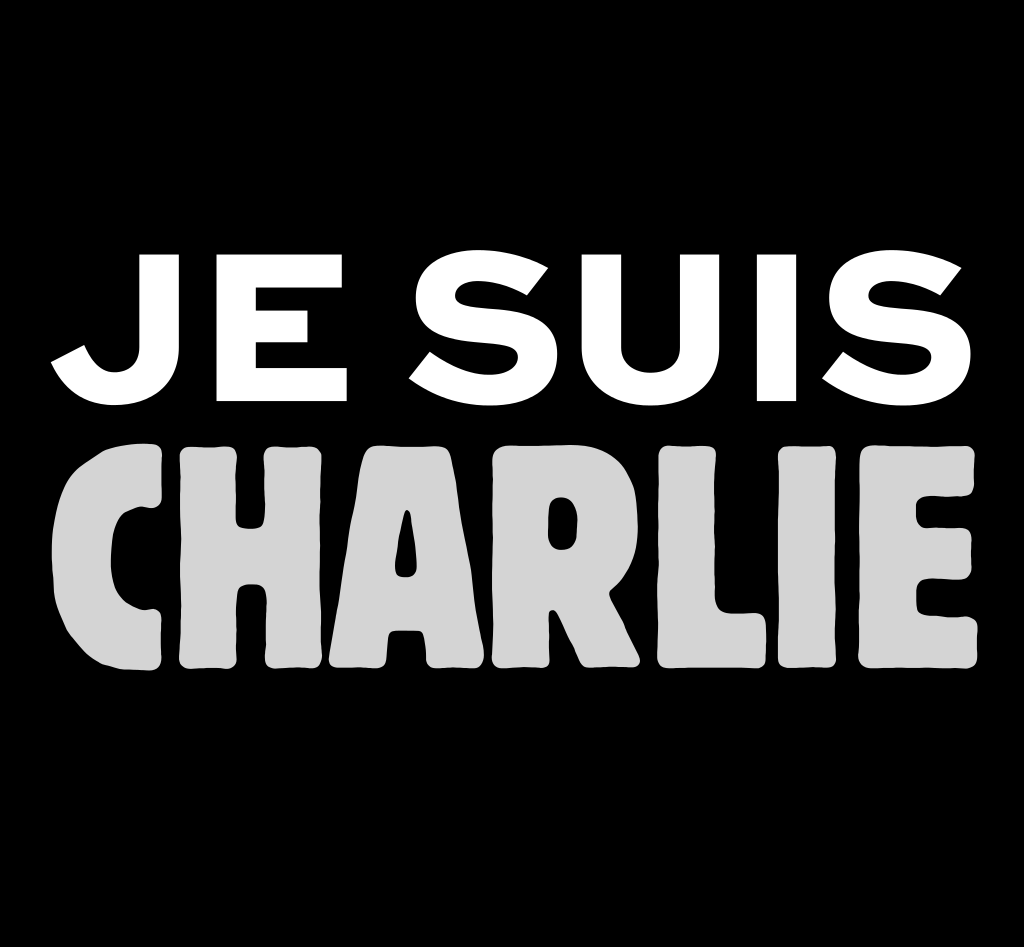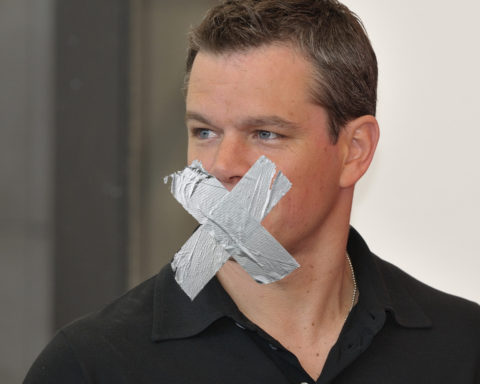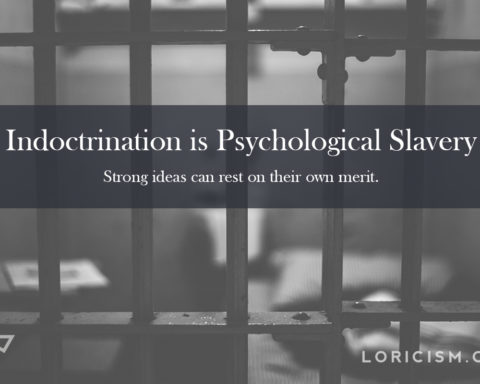Twelve people were murdered in Paris today in the name of religious extremism. This post will be concise, as I simply want to penetrate the heart of the matter. The question that always materializes out of atrocity is two-pronged: why, and how do we stop it.
I will answer both.
The why is no harder or easier than the how. It is also not a black and white, cut and dry answer, like society is wont to deliver. Humans love black and white because it requires no rumination. The simple explanation satisfies our lazy nature. Black and white answers also facilitate transferring blame easier, another one of humanity’s flaws.
Fear is the basis of control.
Understanding why requires a generic understanding of human nature. Most every response is predicated by an undercurrent of fear. Fear is the wrench most often used to exercise control.
The desire for power is rooted in fear. Those who seek power fear what will happen if others are in control. All control stems from this (or the pleasure one gets from being in control). It is also partly due to the cognitive bias that causes us to assume others think similarly to how we think. Therefore, if an individual or group is naturally inclined to impose their will onto others, or treat others less than ideally, they assume that others will do the same if the power were to shift. This same principle explains why overly trusting people have a hard time understanding that not everyone is an empathetic angel. Thus, one political party fears what will happen if they other gains control. Those who use guns want to protect themselves out of fear of being left vulnerable; meanwhile those who oppose guns want to protect themselves out of fear of being left vulnerable. Fear is the driving force.
Fear is the most powerful of the emotions. It is the source of our evolutionary need to belong to a group. To maintain survival. I’ve spoken before of humanity’s resistance to upsetting the social order; we hate discomfort. We also need to remain safe within the bosom of our group, for fear of reprisal or ostracism. All rooted in fear.
Thus, the why becomes a corollary of fear coupled with the need to maintain a place in the social order. Anything that threatens the group, especially when one has attached their identity to that of the group, is a threat to the individual.
People living without fear react to fewer of these stimuli. People with less self-identification to their group respond less to perceived threats to the group.
This is how cults are formed. They cannot thrive without an us vs. them dynamic. When supporting the ideology becomes more important than the reason for its creation in the first place (helping others, for example), that particular ideology has outlived its usefulness. Be this religion or political party or worker’s union or what, it is all the same.
That is the red flag. If the group is the focus over the benefit of that group to society, abandon it. (If the group has no benefit to society, abandon it.)
Fear is why people resist anything. Why else would one resist, for example, the legalization of something that will affect them in no way whatsoever? They fear it out of ignorance or they perceive it to be a threat to their group.
Suppression is the tactic of the weak.
Looking, then, at ideas, ideologies, dogmas, theories, beliefs, there should be no reason to fear any idea. People fear opposing ideas because they lack conviction in the veracity of their own idea, or they fear what will happen if those of opposing views were to obtain a position of authority (control).
Man wants control out of fear. Man resists relinquishing control out of fear.
Therefore, rather than answer an opposing ideology with a stronger argument, or by attempting to influence proponents of those ideologies to alter their paradigms, the desperate resort to suppression of ideas.
Any entity that must suppress an idea is afraid and weak.
Thus, suppression is the recourse of the weak.
How do we change it?
What recourse does society have, then? The answer, since the underlying theme is fear, is not to rail against the individuals who have aligned themselves with different groups. That is simply a response brought about by our own fears.
Instead, we must strive for confidence, not only among ourselves but in those of our opponents. If one is so fragile as to be flustered by a cartoon, we must treat the root cause, which is fear and the pervasive rotting of the mind installed by a useless ideology. Any ideology that employs indoctrination is weak. Society has no place for weak ideologies. Imagine a wild animal being frightened of a mouse while pretending to be a lion. Fear drives people to erratic action. Progress can only be obtained through treating the fear.
Second: since extreme ideology is a form of culturally endorsed insanity – adherents are all implicit participants in its continuation – one’s only recourse is to change the culture. Because of the fear response, then, one cannot attack the ideology. One must change the ideology by making an alternative more enticing.
This is the only way.
We must replace outdated ideas with ones that do not fear criticism and ones that do not require indoctrination to take hold.
Only the weak fear criticism. Again, think of the lion. It does not fear the field mouse (criticism). It is inured by the strength of its ideas, which are driven by reason.
Eliminate fear and change any culture that can only thrive through indoctrination or propagation of its tenets through force. If an idea can only be accepted by force, it is a weak idea indeed.
Develop a culture which values reason and you will see less violence. A culture built on reason has a greater arsenal than any built on fear.










